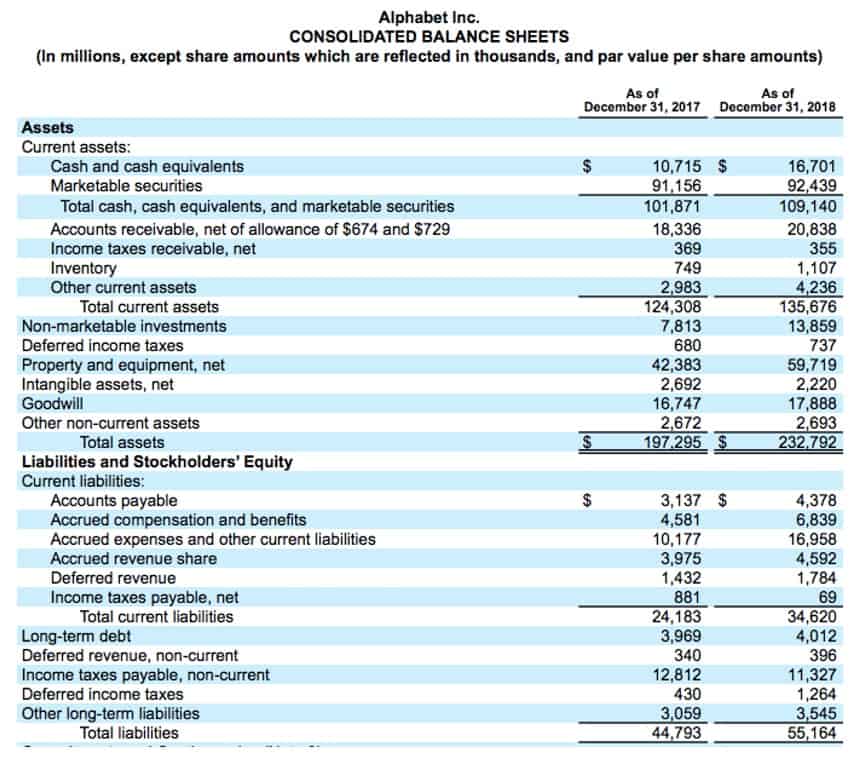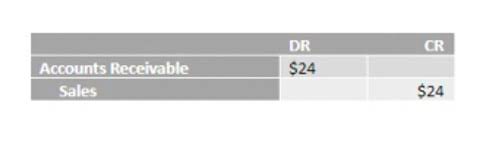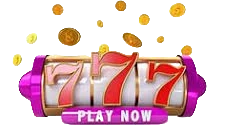
Also called an ACH transfer, this electronic what is an eft funds transfer payment allows for employers to directly pay an employee (the receiver) electronically in his or her bank account. A direct deposit service provider authorizes payments into employee accounts. An EFT (Electronic Funds Transfer) payment is a form of electronic payment that allows money to be processed between bank accounts directly. EFT payments are the most common way to transfer money and include credit card payments, online payments and automatic bill payments. Peer-to-peer payments are electronic funds transfers (EFTs) made through mobile apps or the Internet to transfer money electronically between them. Examples of peer-to-peer payment systems include PayPal, Venmo, Zelle, Apple Cash, and eWallet apps where both parties (the payer and payee receiver) have accounts.
How can your business make cost-effective global payments?
- For example, domestic wire transfers are transmitted through the Federal Reserve’s Fedwire Funds Service.
- This might be for online purchases, or even paying invoices online.
- For these examples, the customer paying bills could instead select recurring credit card transactions as the payment method, which is another type of electronic funds transfer (EFT).
- Instead, information is sent digitally, allowing for quick and secure transactions.
We will also walk you through the fundamentals of EFT payments, their advantages, and net sales how Paycron payment solutions can help you streamline your payment processes. EFT payment processing may also take place over the phone with the caller providing their debit or credit card details. A wire transfer offers an efficient and quick means to send money for large and high-value payments.

Popular EFT payments providers:
Cash disbursement is the process of paying out money from a business’s bank account to settle various financial obligations. These payments can be made through various methods, such as cheques, electronic funds transfers (EFT), wire transfers, or cash. The primary goal of cash disbursement is to ensure that a company meets its financial commitments while maintaining accurate records of all outgoing transactions. An example of an EFT is when your company uses direct deposit to send your paycheck into your bank account. Instead of giving you a physical check, the employer transfers the funds electronically from their bank to the employee’s account. This method is efficient, secure, and eliminates the need for manual deposits.
Electronic funds transfer example

The same ease and cost-effective nature exists with international payments, and businesses rely on this convenience. Indeed, EFT is a window into worldwide business, giving the same opportunities to small tech start-ups as large corporations. Fintech has dramatically benefited from EFT, especially in Latin America. At first blush, it may seem daunting to share your bank account information with a business and let it debit your account each month.

This will debit your company’s bank account and credit the contractor’s account – all thanks to underlying EFT technology. An EFT account is a bank account set up to handle electronic funds transfers. It can send and receive EFT payments, making it easier to manage finances. The time it takes for funds to transfer from one account to another varies greatly depending on several factors, such as the type of payment and the financial institutions involved. Even when you use a credit or debit card to purchase something, the funds instantly disappear from your account but may still take a day or two to reach the recipient. E-Checks are electronic checks used as a type of payment instead of paper checks to make ACH payments, a category of electronic fund transfer (EFT), between bank accounts.
- However, factors like bank processing times, weekends and holidays, and transfer types can impact how long the payment will take.
- If you didn’t receive an email don’t forgot to check your spam folder, otherwise contact support.
- Federal regulations like the Electronic Fund Transfer Act (EFTA) help protect businesses and consumers using electronic transfers.
- Our services ensure businesses can scale without interruptions.
- Rather than getting a paycheck every week or two, now your pay is direct deposited in your personal bank account.
- Simply put, EFT (Electronic Funds Transfer) is a system that allows money to be transferred electronically from one bank account to another.
EFT payments include a variety of transactions, including direct deposits, online bill payments, and wire transfers. EFT is an umbrella term that covers a broad range of electronic payments. The EFT payments rely on secure networks, such as the Automated Insurance Accounting Clearing House (ACH) network, to process transactions efficiently. ACH credits and ACH debits for online bank transfers include direct deposits and eChecks (electronic checks) for one-time payments or automated recurring bill payments for bill pay.

